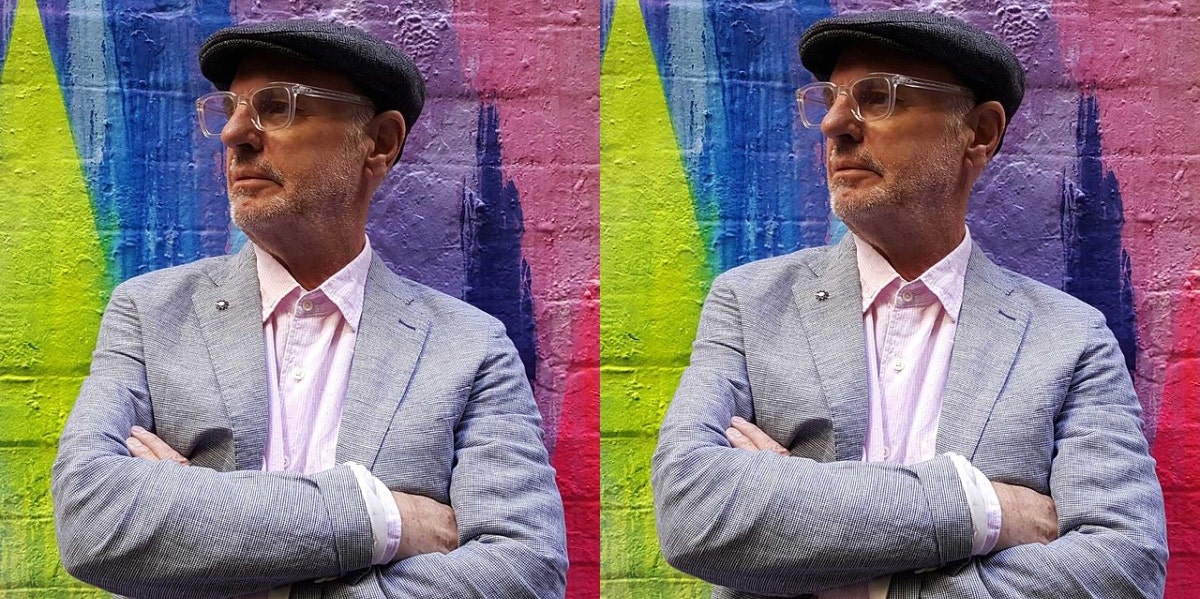Creator Of 'Suicide Pod' To Design Implantable Device That Will Kill Users If They Forget To Deactivate It
People are comparing it to a 'Black Mirror' episode.
 Wikimedia Commons
Wikimedia Commons Dr. Philip Nitschke, the creator behind the viral “suicide pods,” revealed that he wants to create an implantable medical device for people with dementia or Alzheimer’s disease that will kill its users if they do not regularly deactivate it.
The device Nitschke plans to create will be designed specifically for people with brain disorders in an effort to help them remember that it needs to be switched off daily.
The device will beep for “a day or two” before activating in order to ensure the user's disease has progressed far enough for them to forget how to deactivate the device.
“So what we’re working on here is some sort of an implant which you have to switch off every day. When you’ve forgotten why you’re switching something off that’s beeping, then you will die,” Nitschke told The Independent.
Nitschke explains that in many countries, a person with a brain disorder like dementia can legally fill out paperwork years in advance that requests assisted suicide when their illness reaches a certain point.
“Now, 10 years later, a doctor can come along, read the bit of paper, and even though you don't know which way is up or down, legally give you an injection and end your life,” Nitschke said. 'That makes a lot of people feel pretty uncomfortable, and certainly makes me feel uncomfortable."
Nitschke says he wants his device to give people the ability to control their own lives, and when they choose to end their lives.
“That puts the responsibility right back onto the person and allows them to get what they want, which is that they do not want to live on as some form of vegetable, with no one prepared to end their lives,” he said.
Dr. Nitschke, also known as “Dr. Death,” has become a controversial figure with his stance on assisted death.
The former physician had administered the first voluntary legal injection in 1996, and recently sparked controversy earlier this month after announcing that he planned to start helping people die in Switzerland.
Nitschke revealed that in the new year he would be using a 3-D printable death chamber called the Sarco, short for "sarcophagus."
“The benefit for the person who uses it is that they don't have to get any permission, they don't need some special doctor to try and get a needle in, and they don't need to get difficult drugs to obtain,” Nitschke said in a Sarco demonstration last year.
The capsule is activated from the inside, and floods the interior with nitrogen as well as rapidly reducing oxygen, causing the person to lose consciousness and eventually die without choking or panicking.
Switzerland is among many countries that allows for assisted suicide and only considers it an offense to assist a suicide if it’s done with selfish motives.
In the Netherlands, euthanasia can be requested by anyone 12 or older who has "unbearable suffering with no prospect of improvement," but parental consent is required if a child is under 16.
However, a “vast majority” of euthanasia cases concern elderly people who are suffering from a serious illeness, such as cancer.
Dr. Nitschke sees the creation of his device as “an important development” in which doctors can be protected from possible legal troubles where someone with dementia or Alzheimer’s has earlier signed papers requesting their death.
Nia Tipton is a writer living in Brooklyn. She covers pop culture, social justice issues, and trending topics. Follow her on Instagram.

